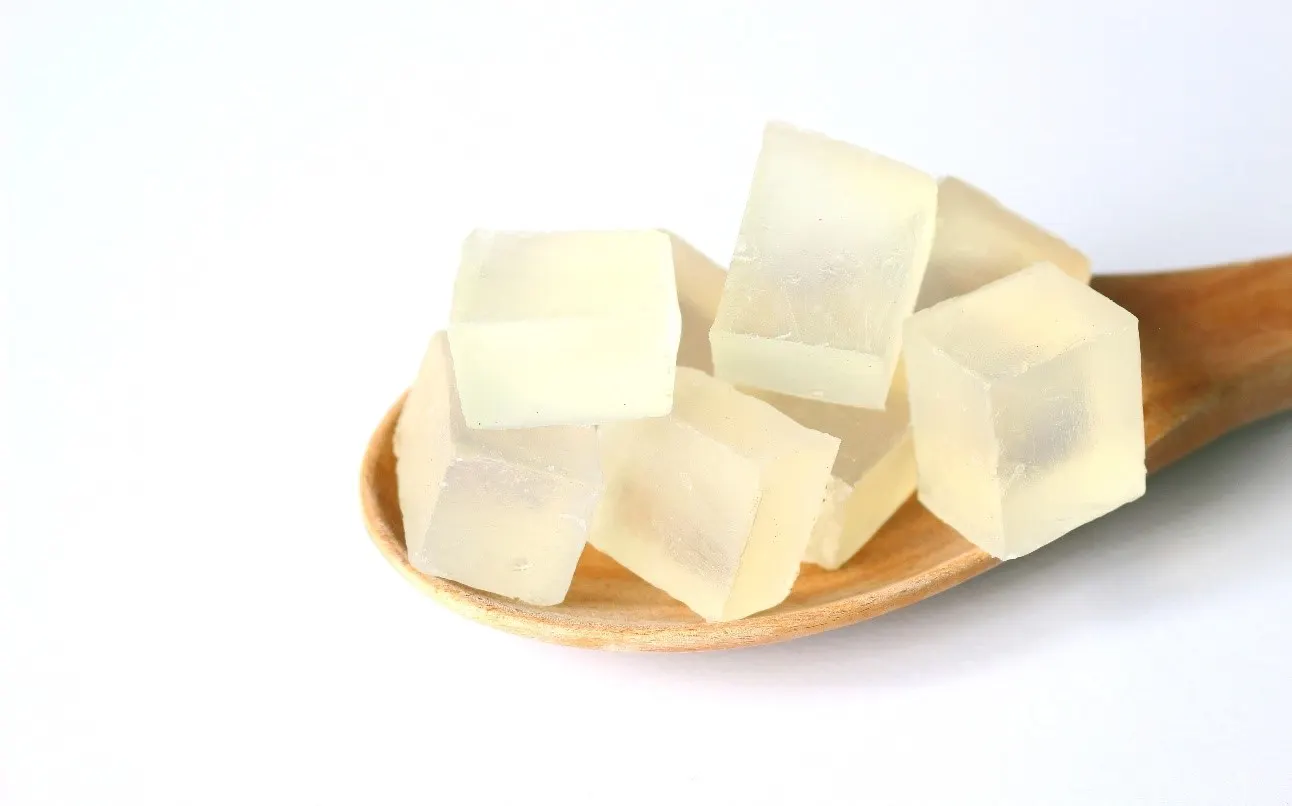Can Glycerine Control Dandruff?
Glycerine is a natural liquid that is extracted from vegetable oils or animal fat. It is clear, odourless, and has a thick consistency which makes it easy to apply.
It is used in various industries like cosmetic, food, pharmaceutical, and even in FMCG. It’s a well-known humectant, which basically means that it acts like a moisture trap. When applied to your skin, it pulls the moisture from the air and from the deeper layers of your skin to hydrate the outer layer that is in contact with the glycerine.
Should we use glycerine for dandruff?

The main benefit of using glycerine is its moisturising capabilities. As mentioned, this can trap moisture and infuse your skin with the required hydration. When using glycerine for hair, it has a similar effect on the shaft. It is a perfect addition to dry or frizzy hair, allowing the moisture to do its job. In addition, there are some more benefits:
- It is shown to soothe irritated skin and reduce redness.
- Protects against bacteria and infection because of its anti-microbial properties.
- Assists in scalp hydration that works to regulate oil production.
- The moisturising effect also allows for strengthening of your hair strands.
Should you use glycerine for dandruff?
To understand if glycerine is the answer on how to get rid of dandruff, you must first understand dandruff. It is a skin condition that is caused by a naturally occurring fungus called Malassezia Globosa. Your body can increase oil production on the scalp for various reasons, sometimes even due to weather fluctuations. The fungus feeds on this excess oil and creates reactive by-products which are the cause of dandruff. If your body is sensitive to this by-product, it culminates in an itchy scalp and small white flakes.
Glycerine might be the correct dandruff home remedy for you if you are suffering due to the issue. The skin produces oil mainly to cover the scalp and hair in a protective layer. With glycerine’s hydrating properties, the need to coat your scalp in oil reduces. Thus, your body invariably reduces its oil production, giving the fungus less food.
Studies have shown that using a combination of glycerine and saturated fatty acids can reduce dandruff over an 8-week period. This is based on applying it three times a week in the form of a leave-in conditioner. It showed a noticeable improvement in the natural hydration of your scalp and a visible reduction in dandruff conditions.
Ways to use glycerine for hair dandruff
If you ever use glycerine for hair and scalp issues, always ensure that you dilute it before application. Rosewater is a common ingredient used to dilute glycerine.
- Create a combination of glycerine and rosewater that can be used as a hair spray or as a hair mask. This can significantly reduce your itching and regulate the pH levels of your scalp and hair.
- A hair mask of glycerine and aloe vera brings their combined anti-inflammatory properties to calm your scalp conditions. This can get rid of excess sebum and regulate the moisture levels. Wash your hair after 30 minutes of application.
- Using Castor oil or Sunflower seed oil with glycerine and water, is the ideal way to use glycerine for hair and scalp problems. The combined anti-bacterial properties of all the ingredients help in getting rid of any dandruff causing germs. You can always wash your hair with a mild shampoo after.
- Adding glycerine to apple cider vinegar is utilised by various people to deal with their dandruff conditions, as it can clear off microbes found on your scalp. But this combination needs extra care as both ingredients are extremely strong and can cause trouble.
Should you be worried about using glycerine?
As glycerine is a natural product, there aren’t too many issues that you might face. But if you’re using it for a particular reason on your hair, it is important to understand any glycerine for hair side effects:
- An allergic reaction is always possible that can lead to itching and rashes. Always do a patch test to see how your skin reacts to the glycerine.
- Since it can also pull moisture from the lower layers of your skin, glycerine in dry weather can dehydrate your skin and cause further damage.
- If you don’t dilute it before application, it can make your skin greasy, trap more oil, and cause a spike in your dandruff.
- It is recommended to use glycerine on hair in moderately humid climate. When it’s dry, the glycerine will pull moisture out of your hair and make it brittle. If it’s a humid day the reverse happens, and your hair will swell up.
- It’s better to avoid glycerine if you have oily hair. The same is true for extremely damaged skin.
- Avoid using heat treatment if you’ve applied glycerine on hair. It is a good conductor of heat and can severely harm your hair shaft and skin.
Although glycerine can seem beneficial in controlling dandruff, it is not a proven solution. Approach it cautiously and start with smaller quantities that don’t react with your skin. But if you really want your dandruff problem to be resolved, use the Head and Shoulders Supreme Scalp Rejuvenation shampoo with Argan oil. This moisturises your scalp and works to get rid of your dandruff.
You can also look at the Head and Shoulders Neem anti dandruff shampoo that uses nature’s defences on your scalp ailment. Find the right fit for your hair and skin type, helping you finally get rid of your dandruff condition.



